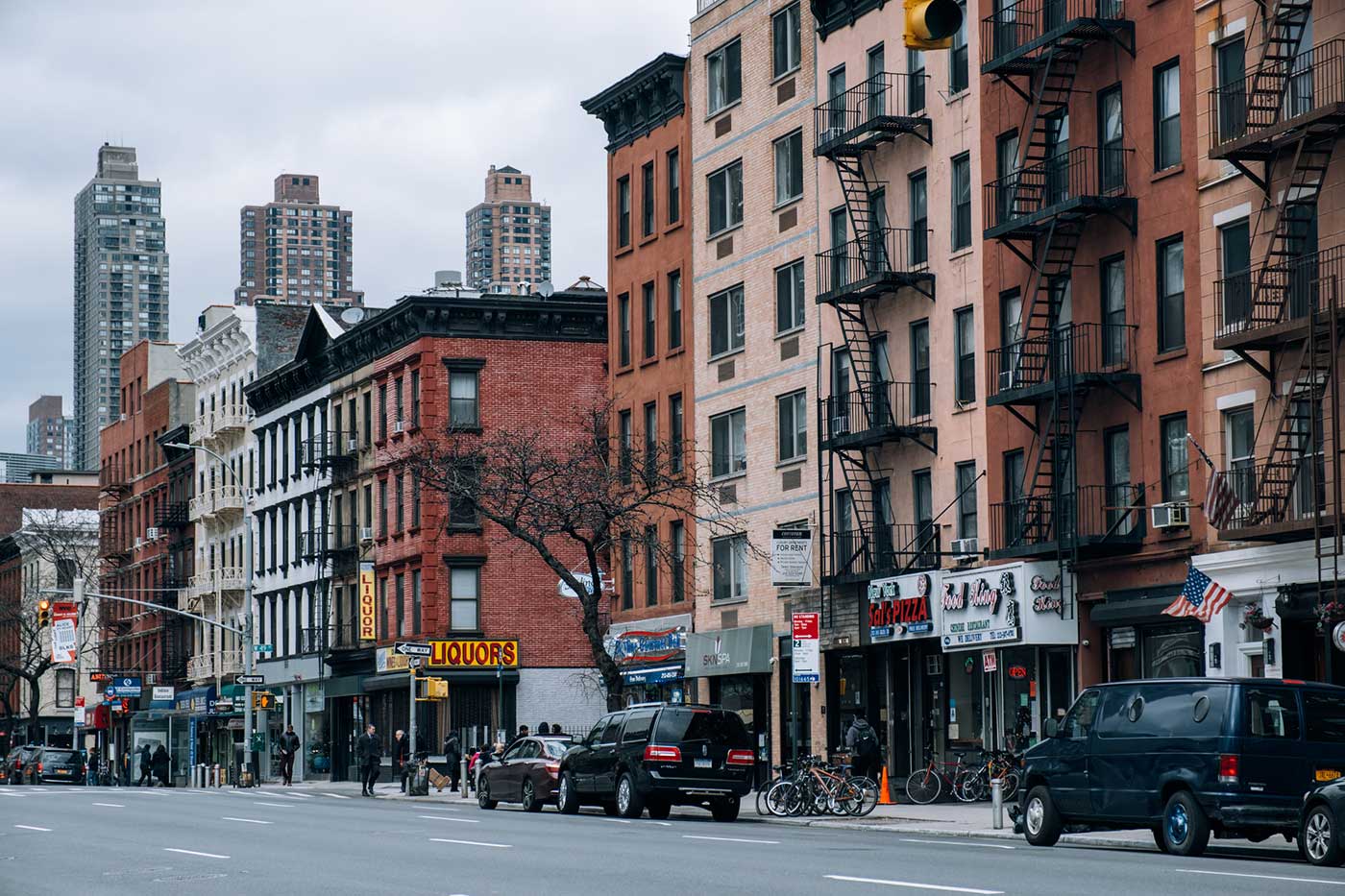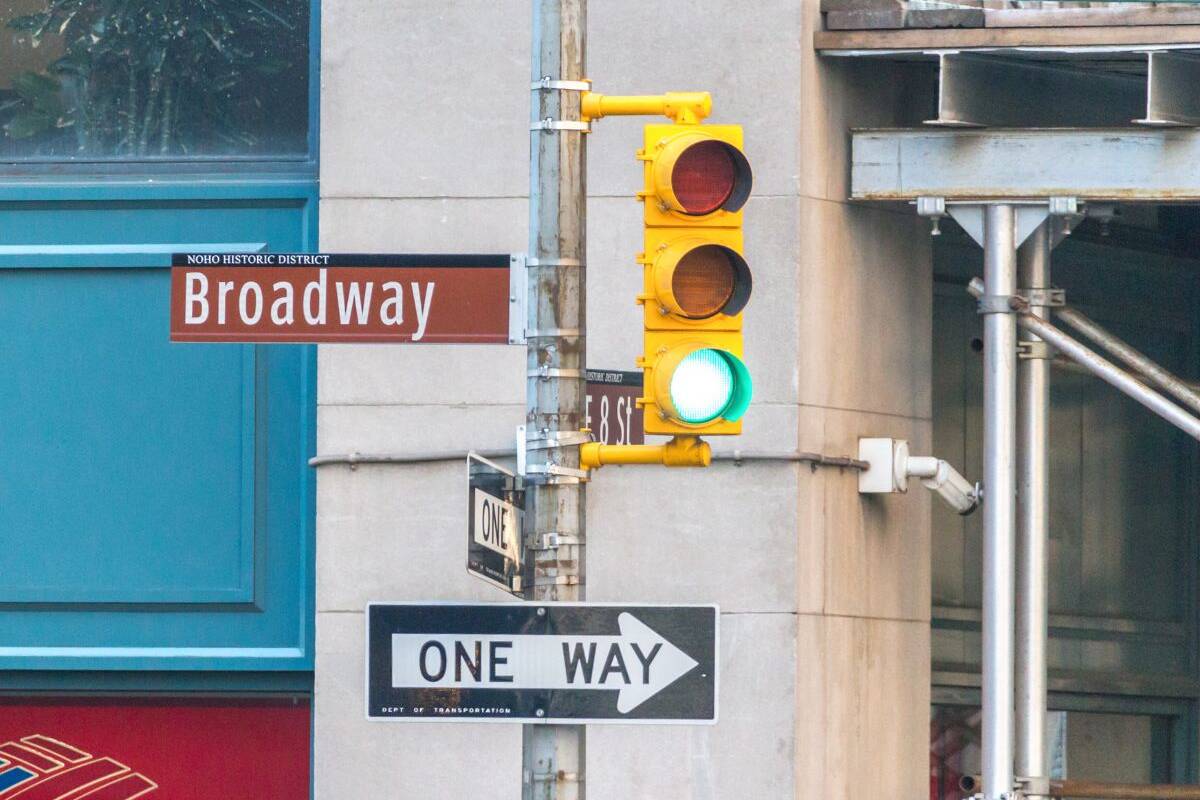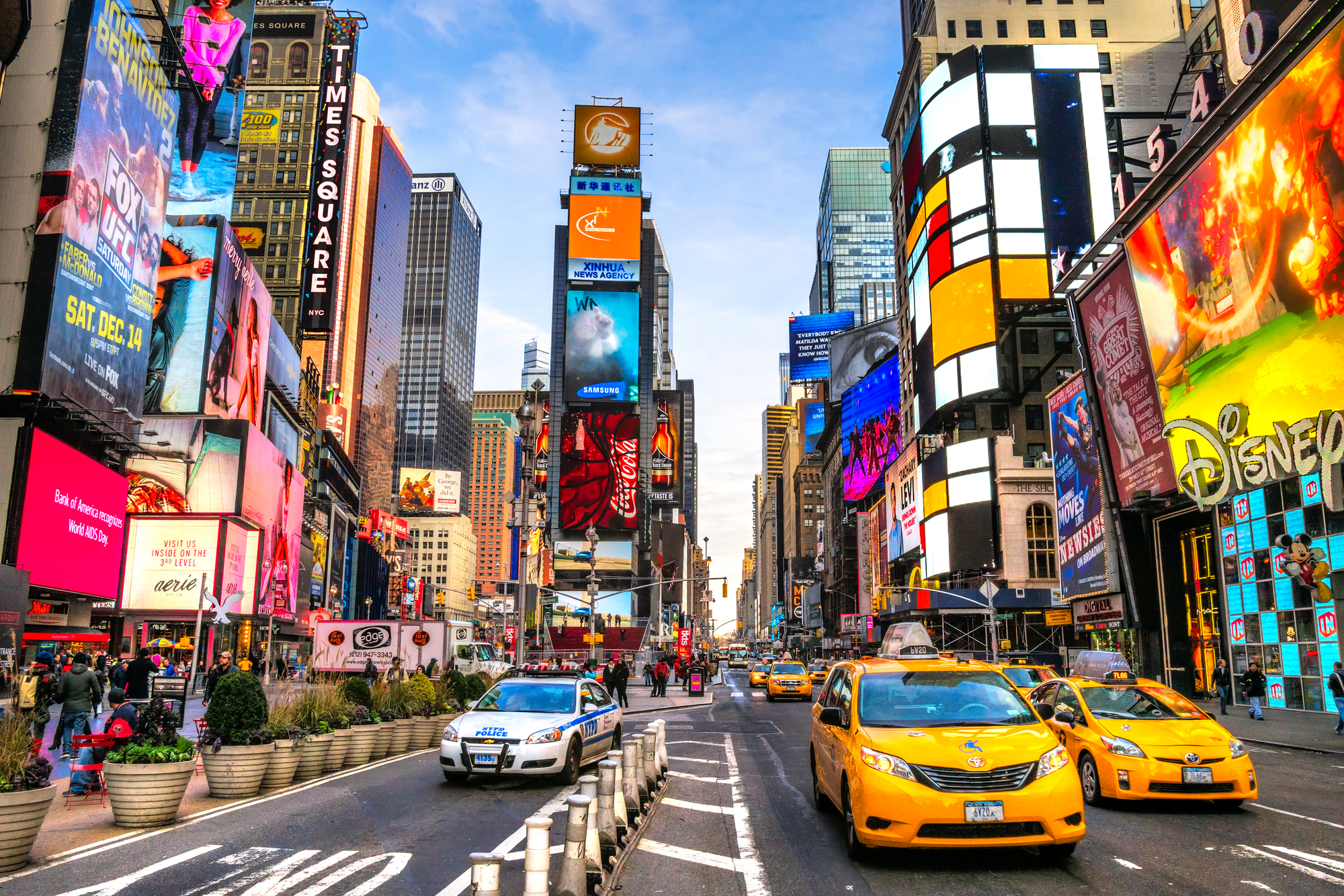In the first week of June New York Governor Kathy Hochul announced the suspension of the congestion pricing plan for Manhattan. The decision, revealed just two weeks before the scheduled June 30 implementation, has restaurants breathing a sigh of relief to know that they won’t be facing anticipated economic challenges if the congestion pricing went into effect. The congestion pricing would have charged most vehicles entering downtown Manhattan and was a serious concern for the NY’s dining scene and for many business owners in general.
Table of Contents
How The Pricing Would Have Affected Restaurants
The pricing plan aimed to address traffic, pollution, and mass-transit deficits by implementing charges for vehicles entering Manhattan. For the restaurant industry, the problems that would have arisen were significant:
- Delivery trucks would’ve been charged $24 to $36 per trip, depending on size and where it was coming from.
- Your average vehicles would have been charged $15 during peak hours.
- The charges for those entering Manhattan would have been in effect from 5 a.m. to 9 p.m. on weeknights and 9 a.m. to 9 p.m. on weekends.
The potential impact on restaurants was twofold. The increased costs for delivery trucks would likely have been passed on to restaurants and resulted in higher food costs. To add, the charges for passenger vehicles would certainly cause visitors from outside Manhattan, a crucial customer base for many Manhattan establishments, to think twice before planning a night in the city.
Manhattan residents typically rely on public transportation, walking, or taxis for local dining. However, the weekend influx of diners from surrounding areas such as Long Island and Westchester would have faced increased costs for their trips into the city.
A First for U.S. Cities
New York City would have been the first U.S. city to implement a congestion pricing system. The idea has been debated for decades, but political opposition had always prevented its from taking effect. This time was different and the plan had progressed further than ever before, with digital devices already in place to scan license plates and automatically charge drivers.
Governor Hochul’s Decision
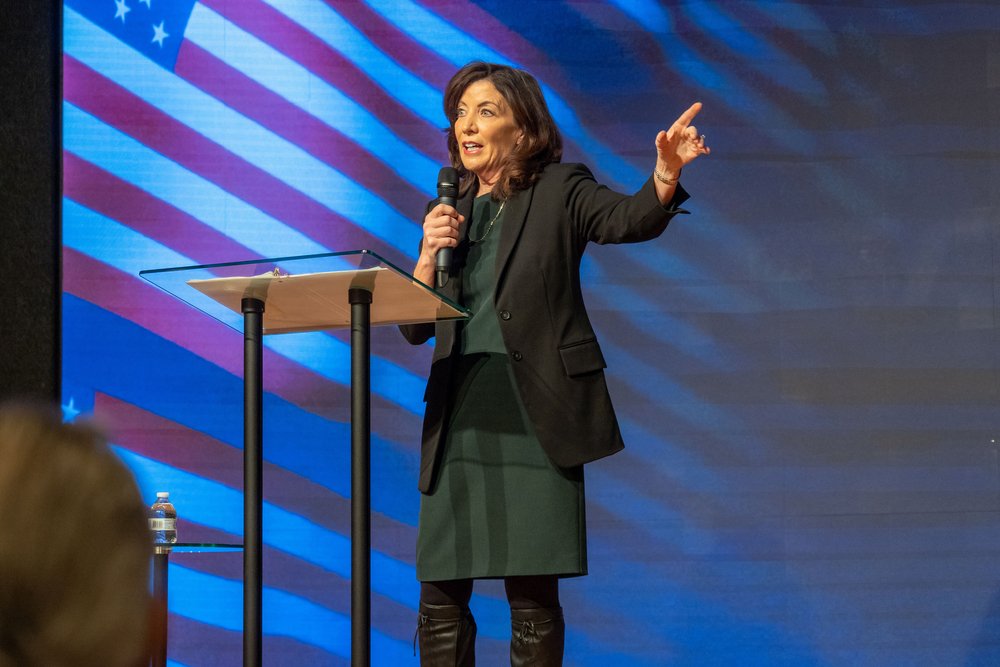
Governor Kathy Hochul’s recent decision to suspend the congestion pricing in NYC has sparked considerable discussion and reaction across the state. In her official statement, Governor Hochul emphasized her concerns regarding the potential unintended consequences that such a plan might have on New Yorkers. This move comes as a pivotal moment particularly for small businesses and restaurant owners in the city who had been gearing up for potential economic impacts.
Particularly restaurant owners were preparing to make adjustments in their operations and pricing strategies before the June 30 deadline. The suspension of the plan introduces a new layer of uncertainty, prompting businesses to reassess their strategies and financial forecasts for the upcoming months.
The decision by Governor Hochul underscores her administration’s responsiveness to the concerns raised by members of the community.
The suspension of the congestion pricing plan also raised questions about the future of transportation policies in NYC and how they will impact urban mobility and environmental sustainability efforts moving forward. Advocates for congestion pricing argue that such measures are essential for reducing traffic congestion, improving air quality, and supporting public transit infrastructure. Conversely, opponents raise valid concerns about the potential burden on commuters and local businesses.
Governor Hochul’s decision not only puts a significant pause in a planned policy initiative but also sets the stage for further policy revisions aimed at balancing the city economy with environmental and urban planning objectives. As stakeholders across various sectors await further updates from the governor’s office, the suspension of congestion pricing remains a focal point of ongoing debate and scrutiny in New York City politics.
Implications for NYC Restaurants
The suspension of the congestion pricing plan means:
- Stable food costs: Restaurants avoid immediate increases in delivery fees, helping to keep food costs in check.
- Continued accessibility: Diners from outside Manhattan won’t face additional charges, maintaining crucial weekend traffic.
- Supply chain stability: Delivery schedules and costs remain unchanged, preventing disruptions to the restaurant supply chain.
- Broader Context: Recent Developments Favoring Restaurants
The suspension of congestion pricing in New York City is one of several recent developments that have favored the restaurant industry. Notably, the tip credit – a contentious issue in the industry – has survived challenges in both Michigan and Illinois.
Future Uncertainty
Despite the current reprieve, the future of congestion pricing in New York City remains unknown. Governor Hochul’s decision to suspend rather than cancel the program leaves open the possibility of its coming back into play at a later date. The restaurant industry will likely keep it’s eyes and ears open to any developments regarding the plan.
Balancing Economic Recovery and Urban Planning
The congestion pricing debate highlights the complex balancing act faced by city and state officials. There’s a need to address traffic congestion, reduce pollution, and fund public transit improvements, while also supporting economic recovery, particularly for industries like restaurants that are still adapting to post-pandemic realities.
While the suspension of congestion pricing offers temporary relief, New York City’s restaurant industry faces an uncertain future. The reprieve from additional costs and potential customer deterrents is welcome, but other challenges remain on the horizon.
Conclusion
So for now it looks as though the suspension of New York City’s congestion pricing plan does offer relief from what could’ve been a severe blow to businesses finances in the Manhattan area. However, the underlying issues that led to the proposal of congestion pricing – traffic congestion, pollution, and underfunded public transit – have yet to be resolved. As New York City continues to overcome challenges, the restaurant industry will need to remain diligent about being prepared for the city’s future.
In the meantime restaurant owners can celebrate the unexpected turn of events. In the ever-changing landscape of New York City dining, adapting to evolving situations remains crucial. The industry’s resilience and creativity – qualities that have seen it through countless challenges before – will undoubtedly be called upon again as it moves forward on the road ahead.
